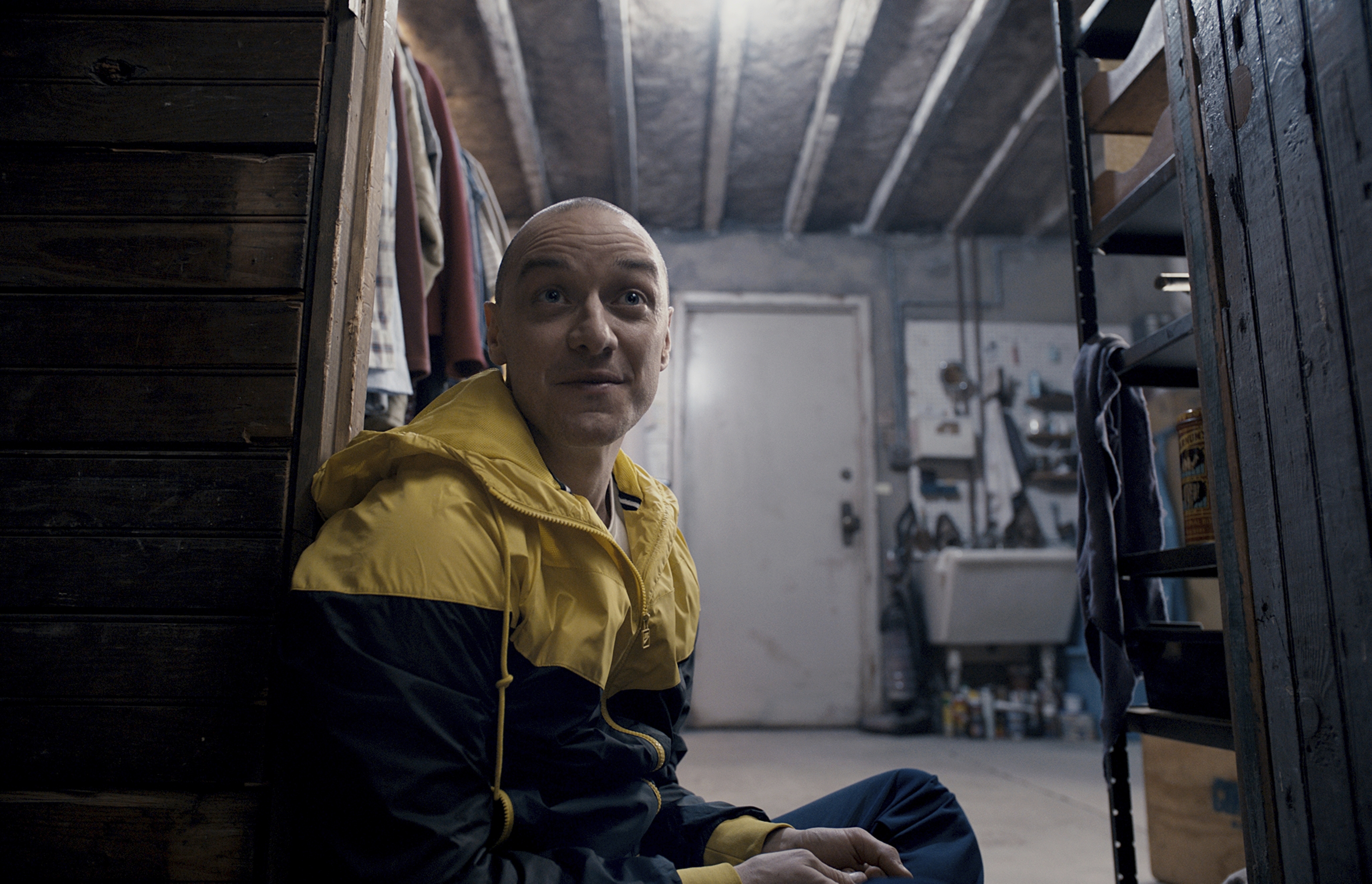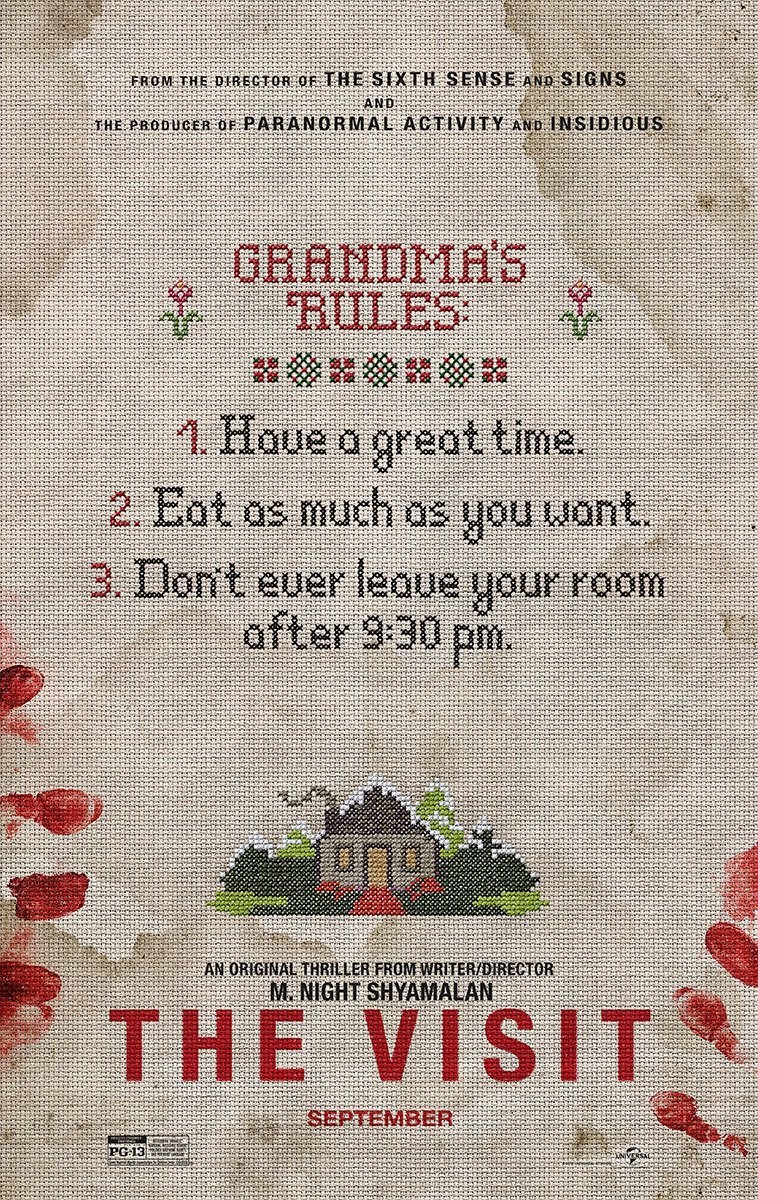Salena Moran & Evan Penrod | Staff Writers
01/24/19
In director M. Night Shyamalan’s crossover movie nearly 20 years in the making, Glass continues the story of his previous films Unbreakable (2000) and Split (2016). Glass stars James McAvoy, Samuel L. Jackson and Bruce Willis reprising their original roles alongside other characters from their respective movies in a disappointing and drab collaboration.
David Dunn (Bruce Willis), a man with incredible strength and resistance from injury, officially comes face to face with Kevin Wendall Crumb (James McAvoy), an individual living with Dissociative Identity Disorder (DID) and Elijah Price or “Mr. Glass” (Samuel L. Jackson), a man with brittle bone disease who possesses incredible intelligence. Reunited at Raven Hill Medical Hospital under the guidance of Dr. Ellie Staple (Sarah Paulson), the trio receives therapy to convince them that their “superhero” abilities are a delusion of grandeur. At the brink of believing their abilities are nonexistent, Mr. Glass convinces his counterparts to escape and reveal their powers to the world.
This film ultimately requires viewers to have knowledge of the trilogy’s first two films, Unbreakable and Split, to fully understand various plot points and character traits. Perhaps this movie begins on a bad foot, as the uninformed individual cannot walk into this movie and expect to fully grasp any concepts, such as several flashbacks and scenes that draw heavily from Unbreakable.
The introduction and character reveals are really strong, making the first third of the movie fantastic. However, the portion where all three main characters are entered into the psych ward forces the movie to slow to a screeching halt. There seems to be an excessive amount of dialogue in each scene and very little action, which would not be a problem if the dialogue progressed the viewer’s interest instead of just rehashing previous information.
James McAvoy’s character is subsequently the character with the most screen time, but at some points, it works against him. Showing off his dynamic range as a character with DID, he steals the show, as his varied and different personalities come to light under various circumstances. Unfortunately, this overstays its welcome on some scenes.
In traditional M. Night Shyamalan fashion, he usually takes something ordinarily simple and twists it into something appealing and intriguing. After all, who else could make a horror movie about old people? For example, what makes the concept of Unbreakable interesting is that it does not abide by the normal conventions of a superhero movie in the sense that viewers think of them today. Shyamalan almost paints the scene as more of a psychological drama, as the characters feel real and so does the danger and intensity of some of the scenes.
In anticipating the twist ending, many were expecting a payoff worthy of waiting 19 years. Ultimately, the ending is a severe let down to everything Shyamalan was seemingly working toward. In a movie that attempts to portray superheroes as regular people and almost preaches an anti-superhero vibe, the ending climax does not justify all that has transpired in the previous films.



